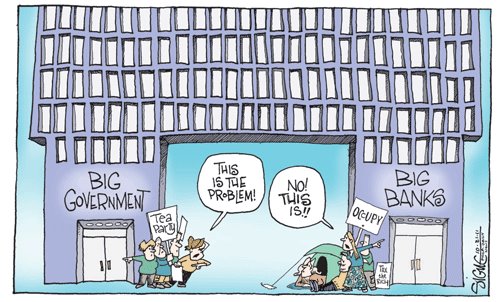I think at this point just about everyone knows someone who thinks climate change is a problem, but that it will be too expensive to fix, or that the solutions just aren’t viable. I think Saul Griffith’s new book, Electrify, is the perfect book for this audience.
You can’t judge a book by its cover, but the blue foil shimmering on the white background of this cover certainly conjures images of the future. While tech bros promise techno-utopian carbon capture machines more efficient than trees, this book excels in rampant pragmatism. Griffith lays out a pathway to decarbonizing the United States transportation and power sectors with only currently existing technologies.
I don’t think I’m the target audience for this book, but I do think the plan to #ElectrifyEverything is a necessary, but not sufficient part of a solarpunk future. The catchphrase usually comes with some caveats, like probably not all industrial processes, and I do feel that solar thermal needs more love since a large percentage of energy use in the home is used for heating, but it’s a decent simplification for the bulk of our current fossil fuel applications.
Electrify can be criticized for not addressing climate justice beside a passing mention. We can’t afford to reinforce the racist and otherwise imbalanced power structures that originally lead to climate change during the energy transition. That said, this book isn’t designed to message an entire Green New Deal in one fell swoop. As someone who grew up listening to talk radio as a red state Republican (more on that later this year), I think Griffith does an excellent job of doing what we engineers do best – sticking to the facts.
He lays out a clear, but concise, explanation of how daunting climate change is, but then paints a solution by the numbers to how we can overcome it and be more prosperous by doing so. I’m not usually a big fan of all the militaristic language used to describe climate work, but the comparisons in this book to World War II mobilization are useful to put the scope of the issue into perspective. In short, reducing most of our emissions will cost a little less than it cost the US to fight WWII in terms of national GDP.
I think part of the reason climate inaction has been such an easy sell is because it feels too big for any one person to have any agency in the fight. Griffith points the way for how families, especially when bolstered with government-backed loans, can replace the pieces of equipment that generate the bulk of their carbon emissions – their car(s) and their appliances. This gets people in the door for the climate conversation.

I know centrism is a dirty word in solarpunk circles, but I don’t think we’re going to succeed in overcoming climate change or climate injustice if we decide that we can’t work with people who are coming from a different political background. Red states already generate the majority of the renewable power in the country, so that’s a starting point. The Republicans I know believe in fairness and justice, but the party and conservative talk show hosts have had decades to distort what those words mean in a political context. We aren’t going to overcome that conditioning overnight, but this book is a step in the right direction, even if it does just seem like neoliberal techno-utopianism at first blush. I feel there’s more going on here than that, but maybe I’m naive.
I am sending this book and my copy of Repair Revolution to my dad. He’s retired and does solar installs on the side since he has his certification as well as experience from wiring up his old and new houses for solar. He’s also a Trump supporter which led to some… strain in our relationship over the last few years. I’m hoping that this book will at least show how we have viable path forward to overcoming the worst effects of climate change without some massive government takeover of every industry, which is what many Republicans fear. Is it going to make him gung-ho about climate equity? No, but at least maybe he’ll be interested in talking about climate solutions instead of automatically shutting down the conversation. It’s not going to be an easy process to get to a solarpunk future, but we’ll get there, step by excruciating step. Electrify shows how the energy transition can at least be a relatively painless part of the process.
Is saving money and increasing our resiliency a way to bridge the political gap, or is storytelling the answer? I think it’s probably a mix, but let me know what you think below!
Disclaimer: If you order the book using the Indie Bound affiliate link above, I may receive a small commission.





